A Sheed & Ward Book
ROWMAN & LITTLEFIELD PUBLISHERS, INC.
Published in the United States of America
by Rowman & Littlefield Publishers, Inc.
A wholly owned subsidiary of The Rowman & Littlefield Publishing Group, Inc.
4501 Forbes Boulevard, Suite 200, Lanham, Maryland 20706
www.rowmanlittlefield.com
Estover Road
Plymouth PL6 7PY
United Kingdom
Copyright 2007 by Priests for Equality
The Inclusive Hebrew Scriptures, Volume I: The Torah (2005), Volume II: The Prophets (2004), and Volume III: The Writings (2004) were previously published by AltaMira Press.
All rights reserved. No part of this publication may be reproduced, stored in a retrieval system, or transmitted in any form or by any means, electronic, mechanical, photocopying, recording, or otherwise, without the prior permission of the publisher.
British Library Cataloguing in Publication Information Available
Library of Congress Cataloging-in-Publication Data
Bible. English. Priests for Equality. 2007.
The inclusive Bible : the first egalitarian translation / Priests for Equality. p. cm.
A Sheed & Ward book.
Includes bibliographical references and index.
ISBN-13: 978-1-58051-214-5 (hardback : alk. paper)
ISBN-10: 1-58051-214-3 (hardback : alk. paper)
I. Priests for Equality (Organization) II. Title.
BS195.P75 2007
220.5208dc22 2007009608
Printed in the United States of America
 The paper used in this publication meets the minimum requirements of American National Standard for Information SciencesPermanence of Paper for Printed Library Materials, ANSI/NISO Z39.48-1992.
The paper used in this publication meets the minimum requirements of American National Standard for Information SciencesPermanence of Paper for Printed Library Materials, ANSI/NISO Z39.48-1992.
preface
a liturgy for all people
STICKS AND STONES MAY BREAK MY BONES, but names can never hurt me, says the old proverb. We now know that this is a lie. Words can wound, alienate, and degrade people.
Language can also affirm and express love. Care for language is a show of concern for people and a revelation of the attitudes of the speaker.
The Second Vatican Council recognized the importance of language when it decreed that the liturgy be celebrated in the vernacular and adapted to various cultures so that members of the community might participate more fully (Constitution on the Liturgy, 1963).
In the United States in the 1950s and 1960s the racial struggle brought new appreciation of the role of language. Epithets, racist images, and stereotypes were recognized as revelations of and expressions that support racially biased attitudes. Efforts toward more balanced usage were the first stage in consciousness raising and a sign of efforts to lessen racial prejudice.
The rising consciousness of women and men in the United States is likewise confronting us all with the need to be sensitive to language. Church language is predominantly masculine. Male terms, images, and stereotypes, so-called sexist language, dominate church expression.
Such usage is no longer adequate. It is time to build gender equality into the very fabric of church life. The effort to build new gender-balanced ways of speaking helps to educate us toward greater equality for women and men.
Summary from the introduction to Liturgy for All People, 1975
a brief history
THE INCLUSIVE LANGUAGE BIBLE HAS BEEN a program of the Quixote Center for many years. As such, it is rooted in the Centers vision that calls us to dream side by side with people with few resources and to celebrate a life committed to leaving this world a little better for our passage through it. It seems appropriate, therefore, to say a few words about the history of this program.
In July of 1975 the Priests for Equality (PFE) Charter of Equality was publicly released with seventy-nine priests summoning the Church to act out the words of justice proclaimed by the Second Vatican Council. It was summer. The news was slow. The group was unusual. The times were optimistic. The media gave PFE strong coverage. In January 1976, PFE became the first program of the Quixote Center newly launched by Dolores Pomerleau and PFE National Secretary Bill Callahan.
We invited priests to endorse the charter and join with us. Response was swift. By Easter 1976 PFE had 1,000 members and by 1979 had 2,300 priest members, including 600 Jesuits. The newly elected church leadership took notice and began a process of trying to silence the effort.
In 1979 the Jesuit General Arrupe formally silenced Bill Callahan, demanding that he cease public pronouncement in favor of womens ordination. When Bill organized a boycott by priests at the papal mass to protest the exclusion of women from distributing communion, curial pressure demanded that Callahan leave the Quixote Center. He left for a brief time but was soon back to share the Quixote Centers burgeoning involvement in Nicaragua.
Joe Izzo briefly served as National Secretary before passing the baton to Joe Dearborn. Recognizing that church repression had made it a new, more difficult era, PFE oversaw the preparation of PFEs pastoral letter Toward a Full and Equal Sharing (December 1985). This was followed by five Miriams Song publications of feminist essays relating to patriarchy and the institutional church.
In 1988 PFE launched a nineteen-year effort to translate the Christian and Hebrew scriptures in inclusive language. The initial stages of the project began by developing inclusive liturgical materials based on an Inclusive Lectionary series created by Dignity.
Joe Dearborn and Mark Buckley oversaw the process of editing the lectionary series to incorporate comments from communities around the country that used the readings during litrugy. The Inclusive Lectionary series has been through several drafts and continues to be a very useful resource for worshipping communities.
By 1992 Dearborn and Buckley realized that in the process of developing the lectionary series and other liturgical materials, they had in fact retranslated a significant portion of the New Testament. What followed was a focused effort to create an inclusive New Testament.
The first edition was published in 1994. As Dearborn wrote in the introduction, The Inclusive New Testament was not a mere spot cleaning for male pronouns, but a fresh dynamic translation into modern English, carefully crafted to let the power and poetry of the language shine forth.
The New Testament was followed by The Inclusive Psalms the following year. Then began the process of retranslating the Inclusive Hebrew Scriptures. This project took nearly ten years to finish in three volumes. The Writings was published in 1998, followed by The Torah in 2000. The final volume, The Prophets, was published in 2004.
The single volume inclusive Bible is nearly identical to the four-volume series in content. However, references to God were made consistent in translation, adopting the tetragrammaton throughout the Hebrew scripture where appropriate, as was done in The Prophets. Additional footnotes have been added to the Hebrew and Christian scriptures, and a few passages have been retranslated based on input from scholars and activists. If we produce a second edition, we would tackle a more thorough retranslation of the Christian scriptures, the volume that has received the most scrutiny and critical commentary. But that will have to wait. For now, enjoy this single-volume inclusive Bible, and appreciate the love and commitment that has gone into this nearly twenty-year effort.


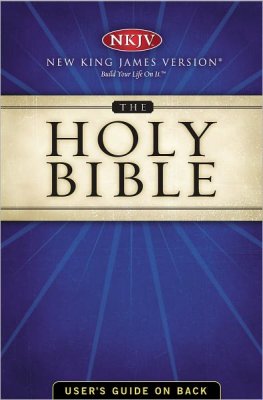
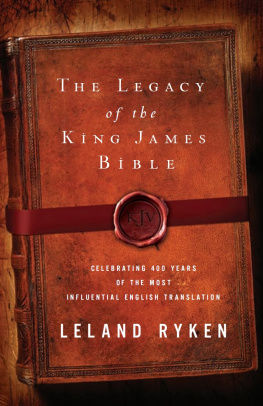
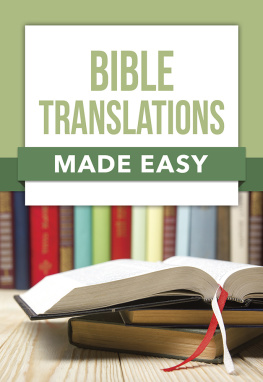
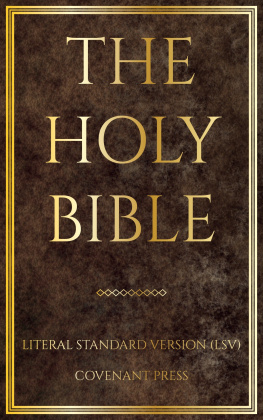
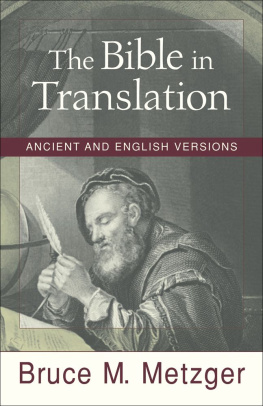
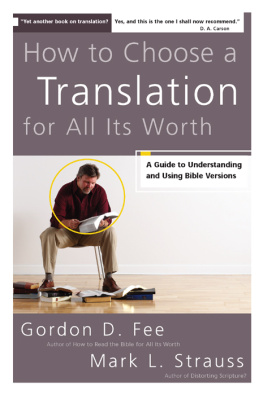

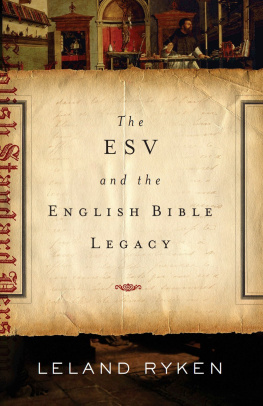
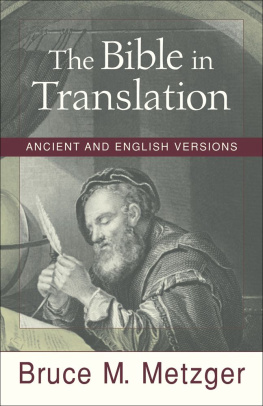
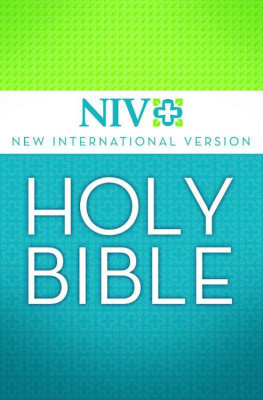

 The paper used in this publication meets the minimum requirements of American National Standard for Information SciencesPermanence of Paper for Printed Library Materials, ANSI/NISO Z39.48-1992.
The paper used in this publication meets the minimum requirements of American National Standard for Information SciencesPermanence of Paper for Printed Library Materials, ANSI/NISO Z39.48-1992.